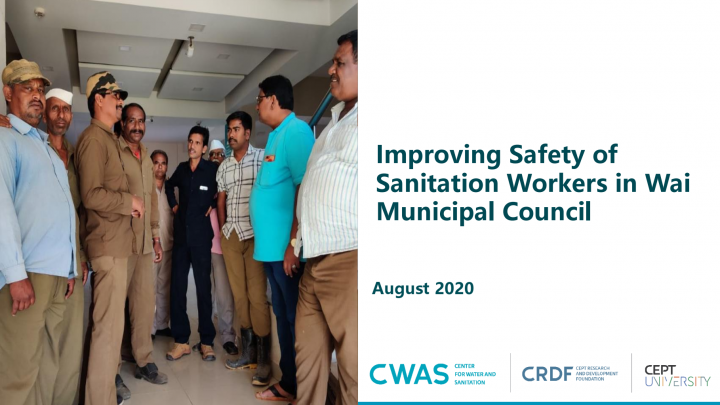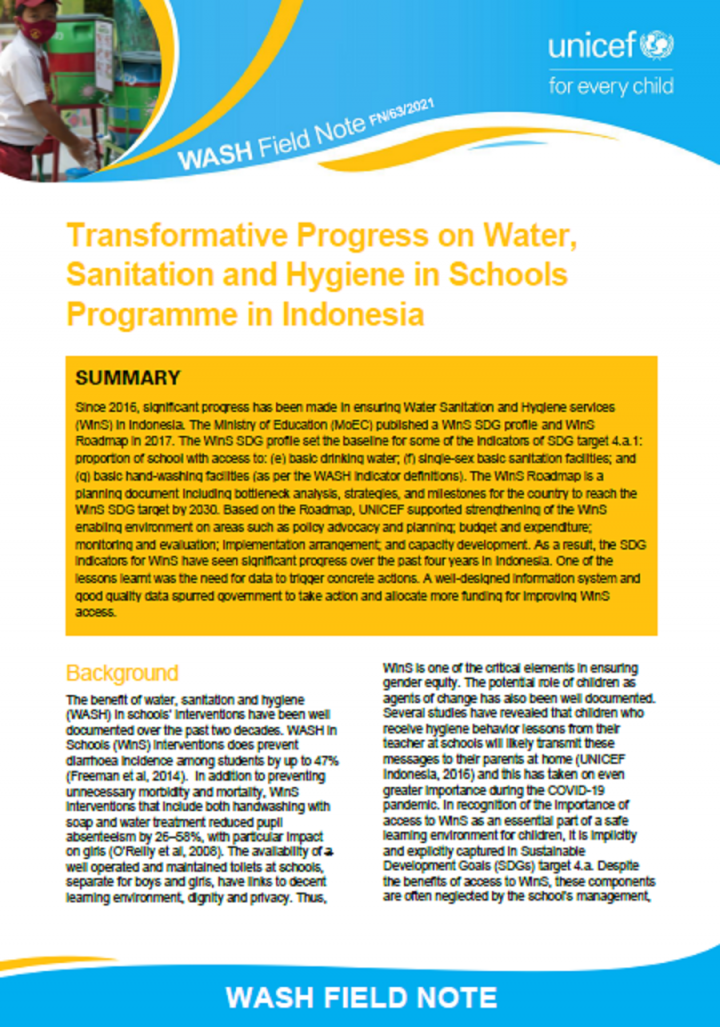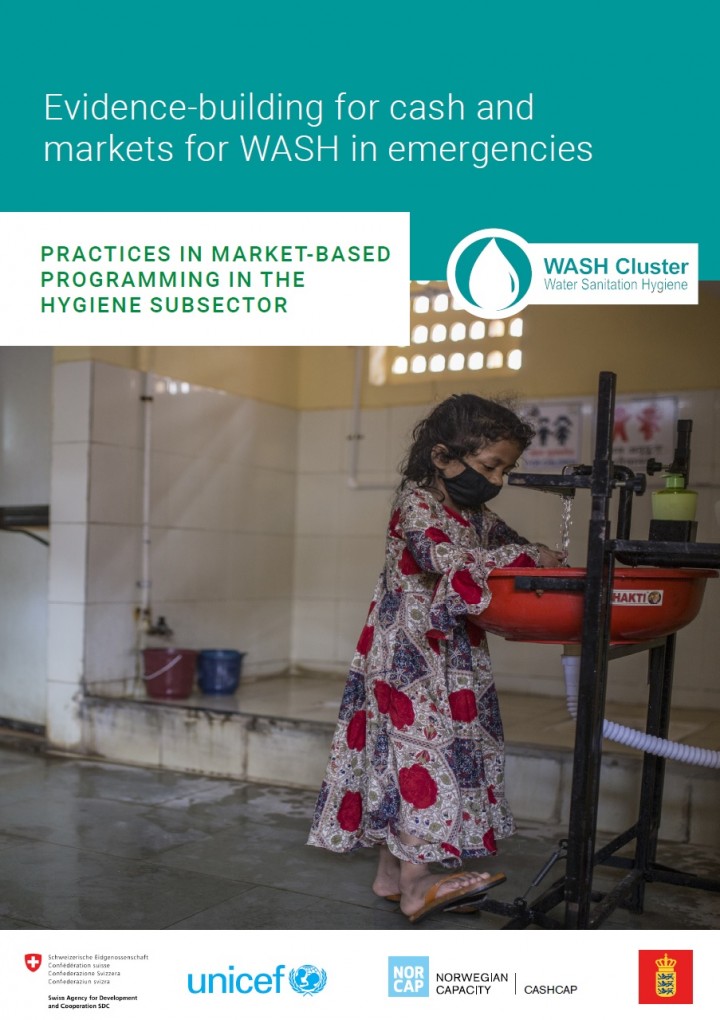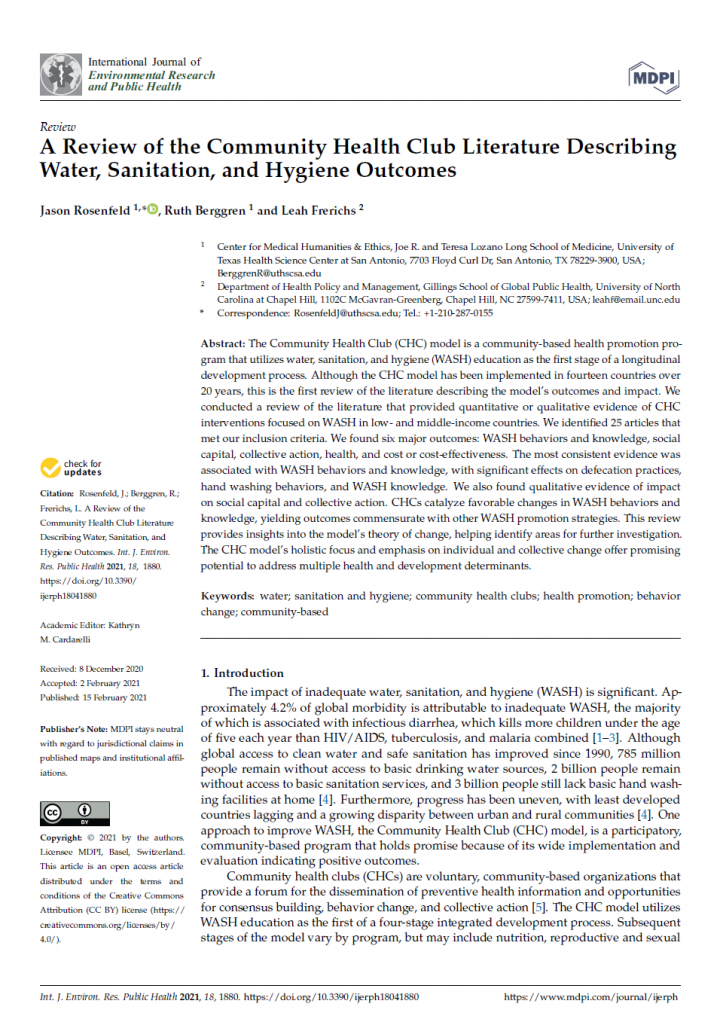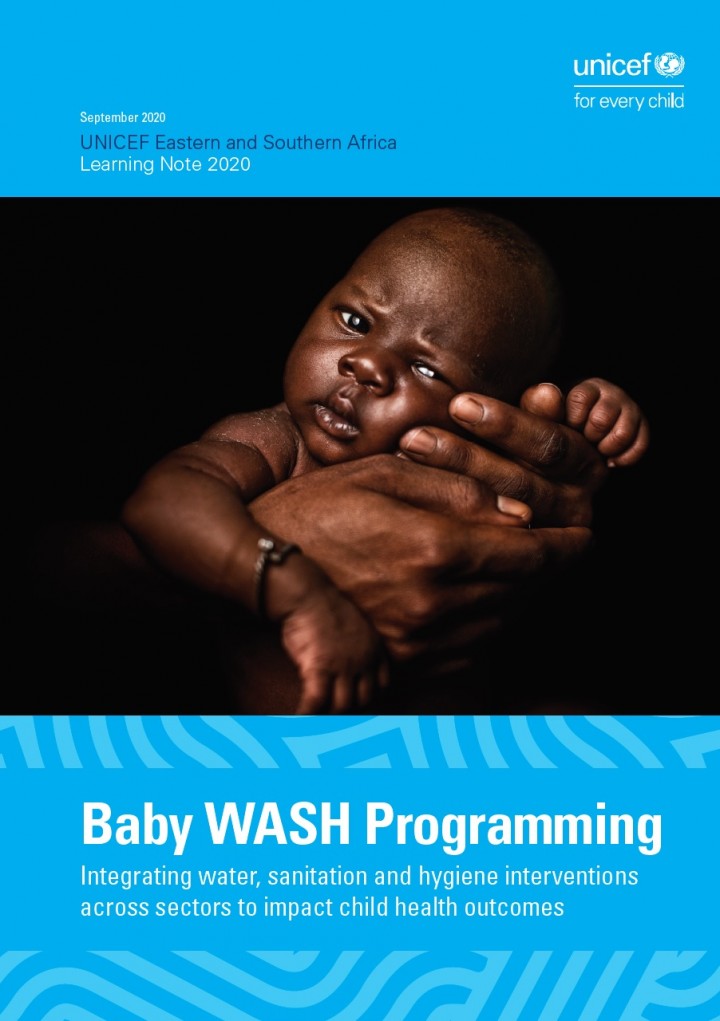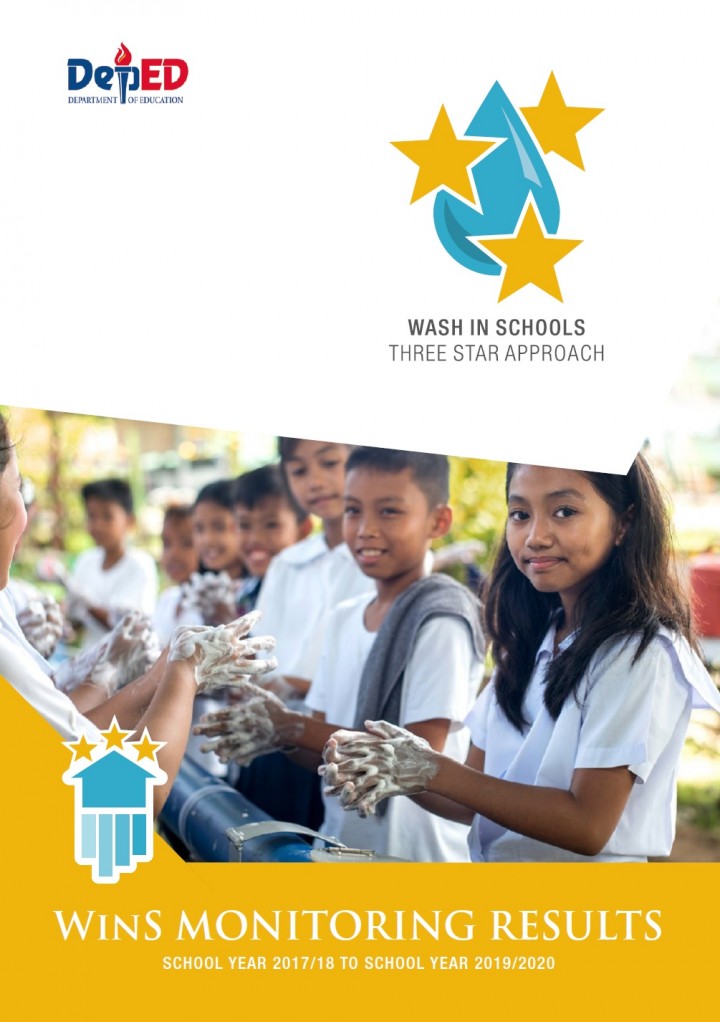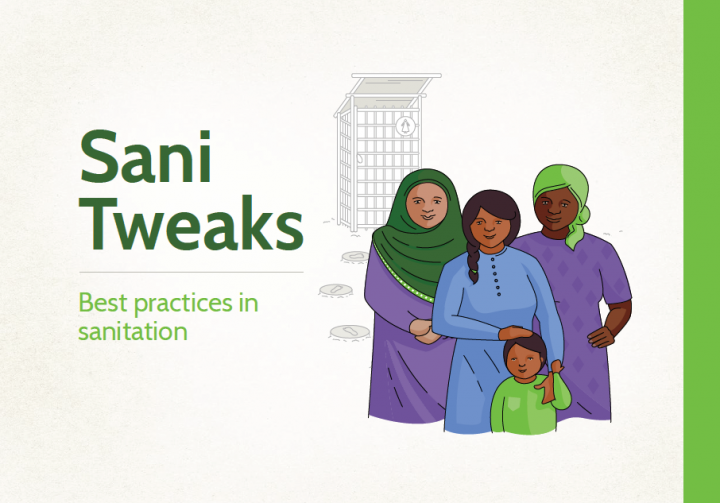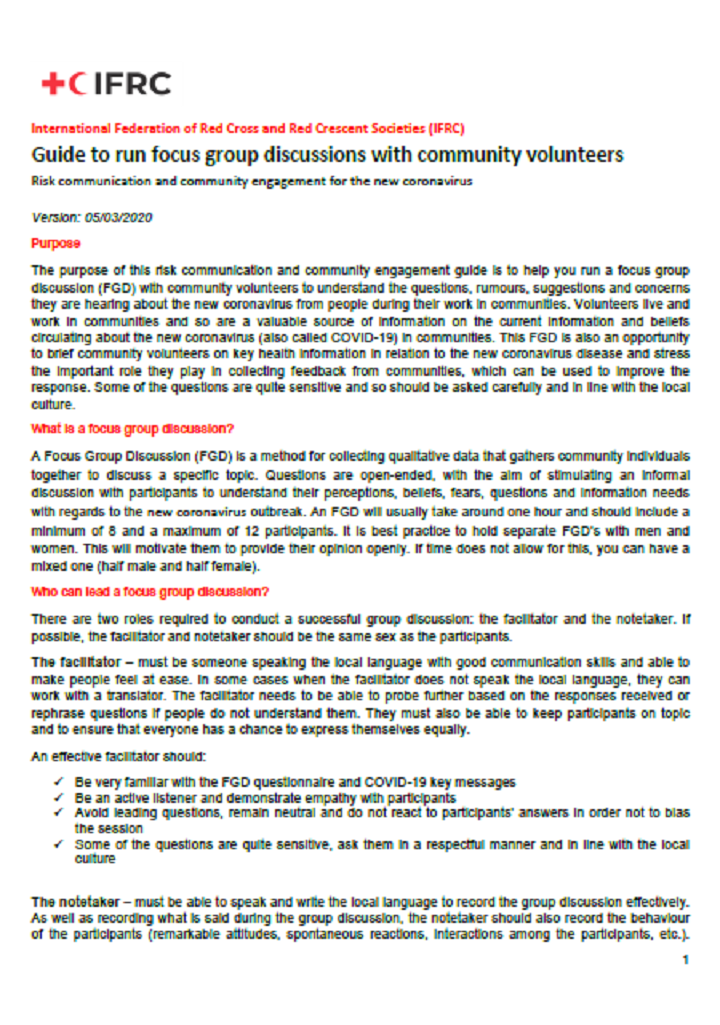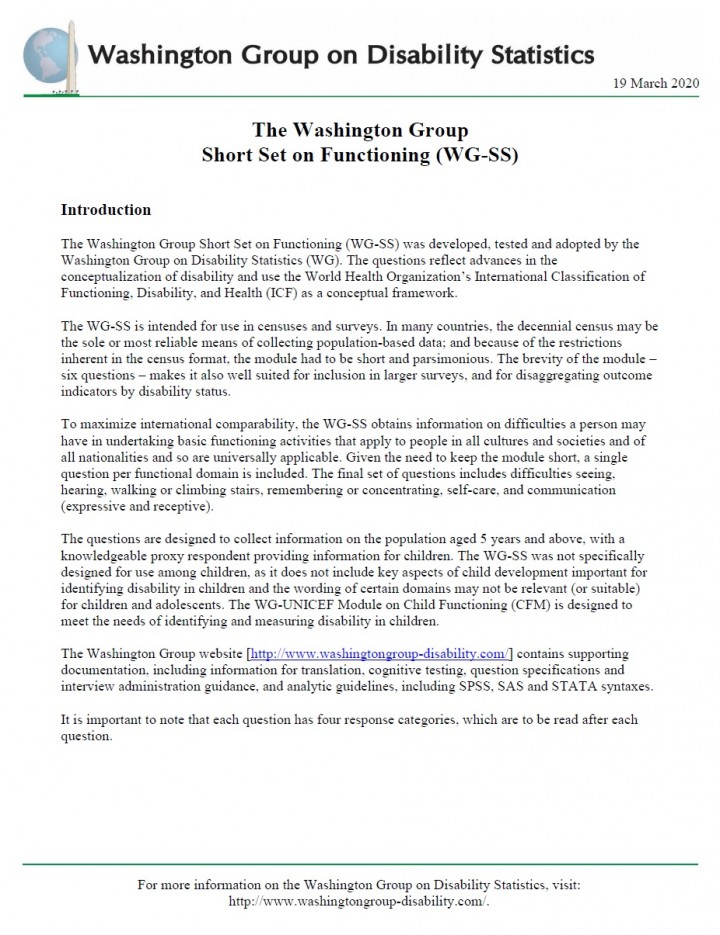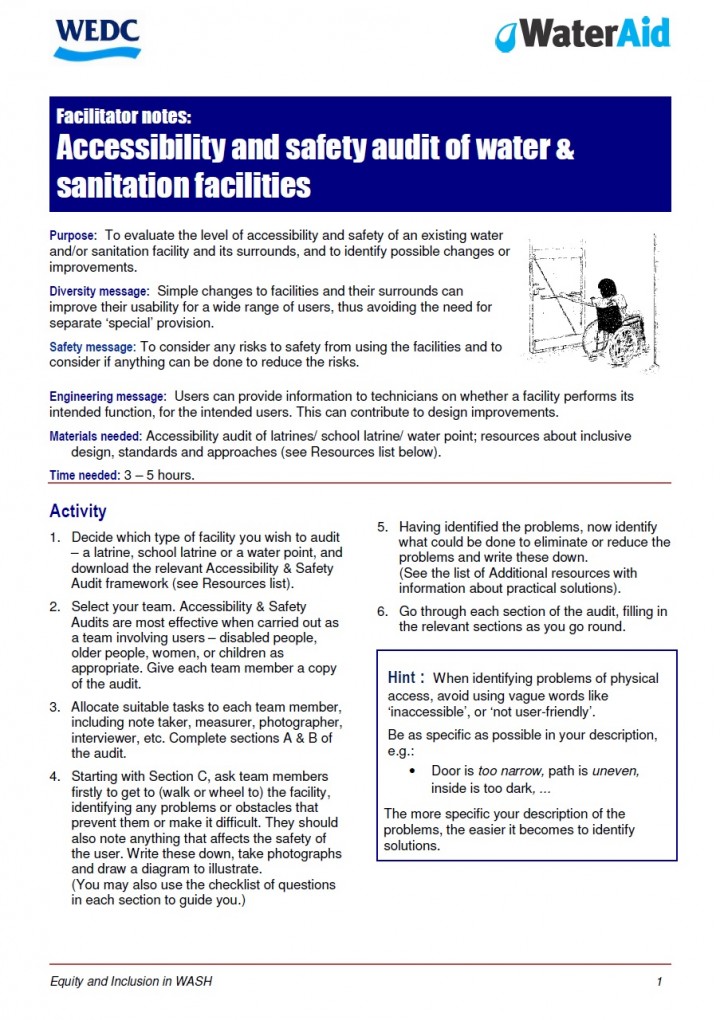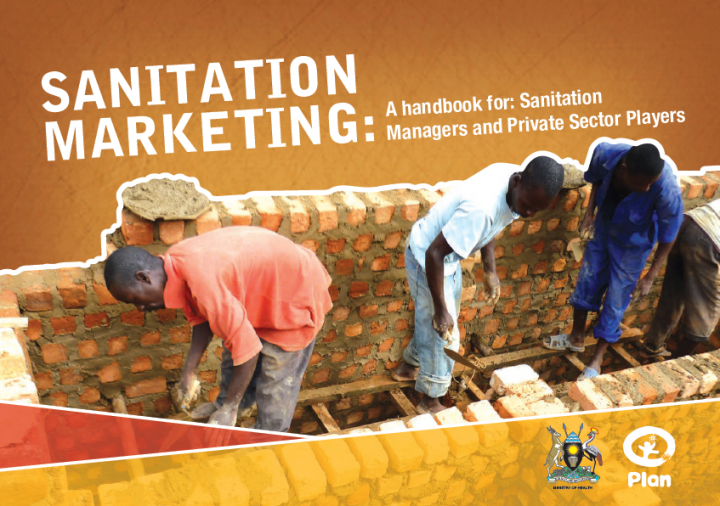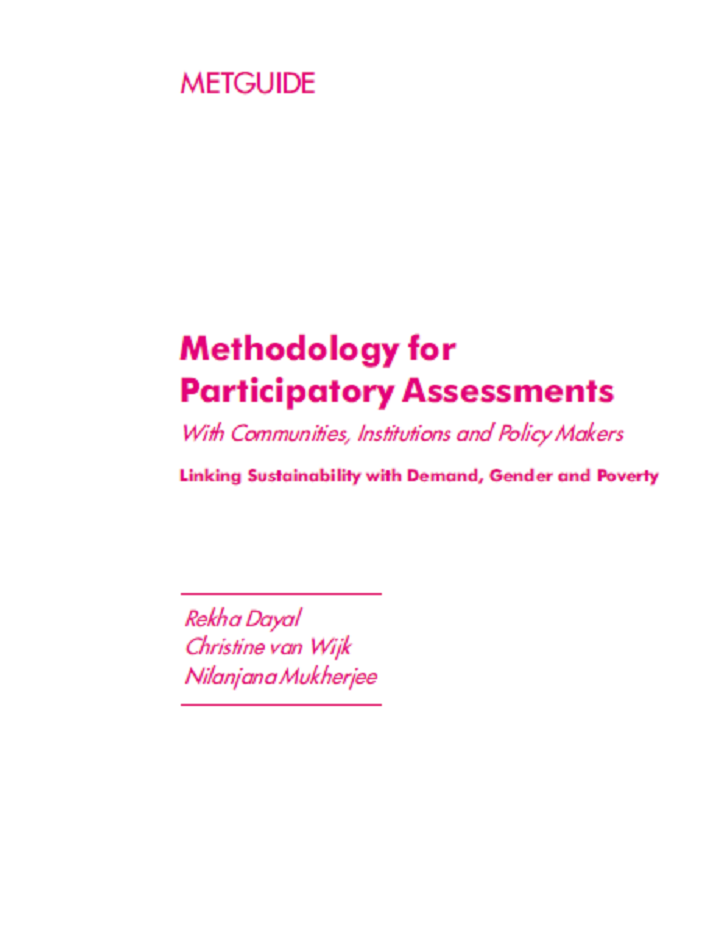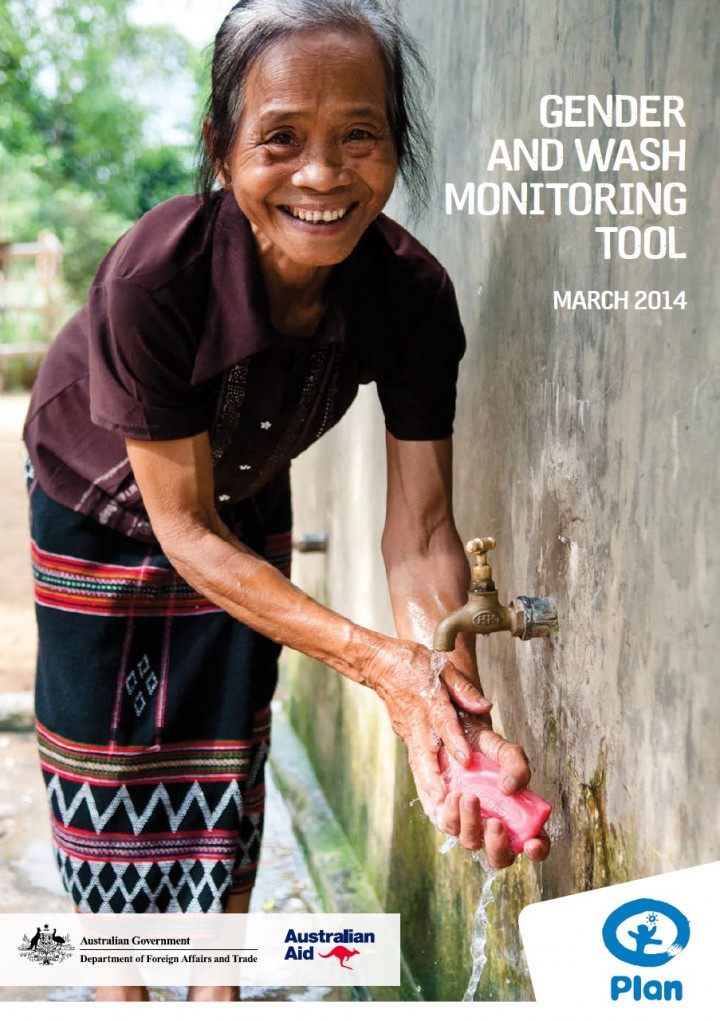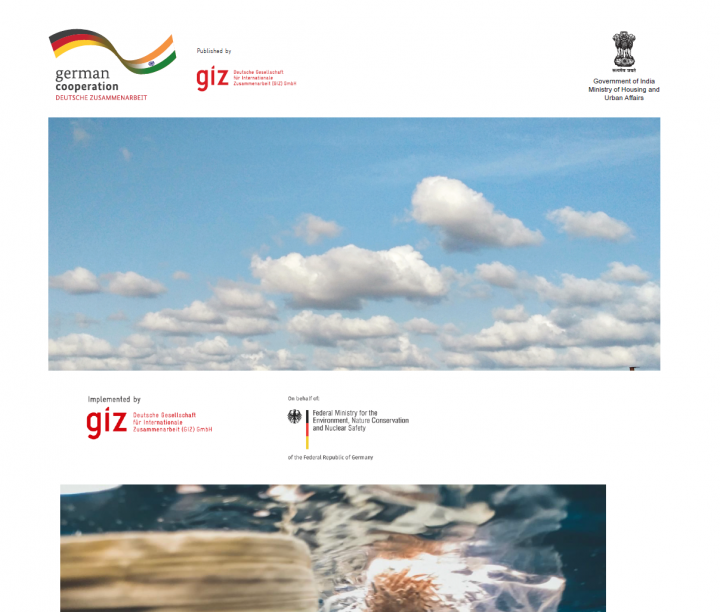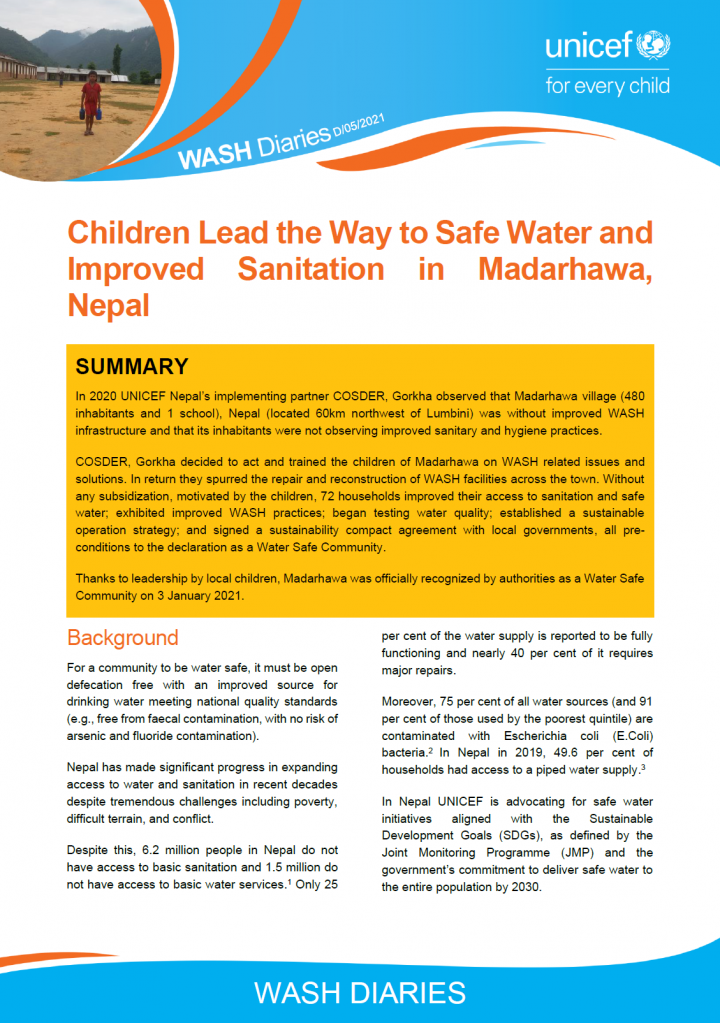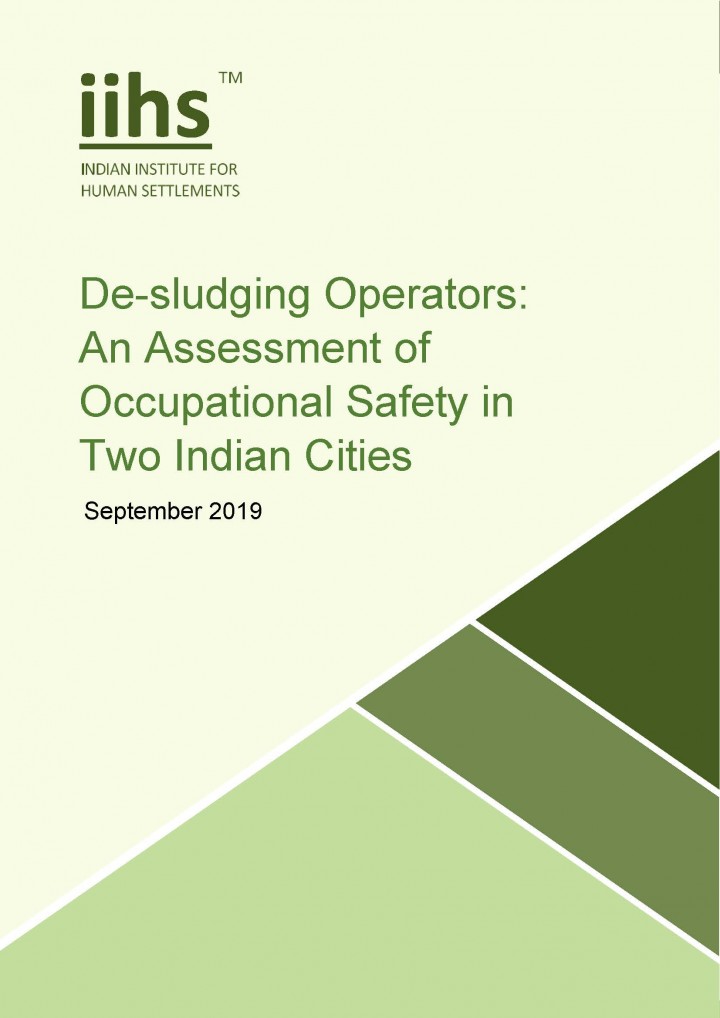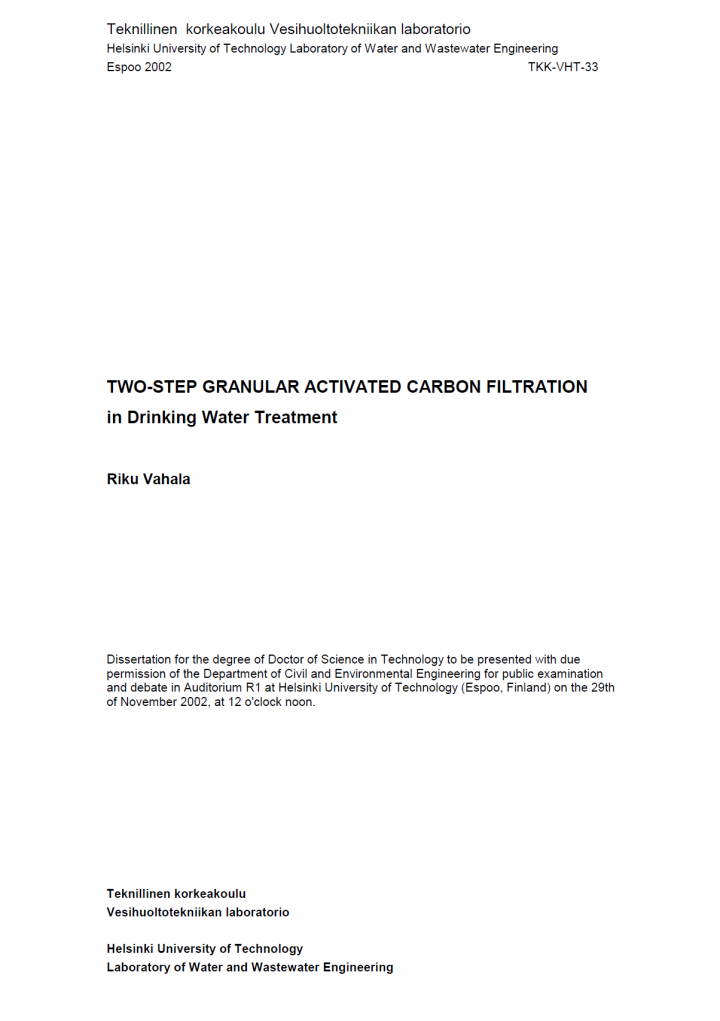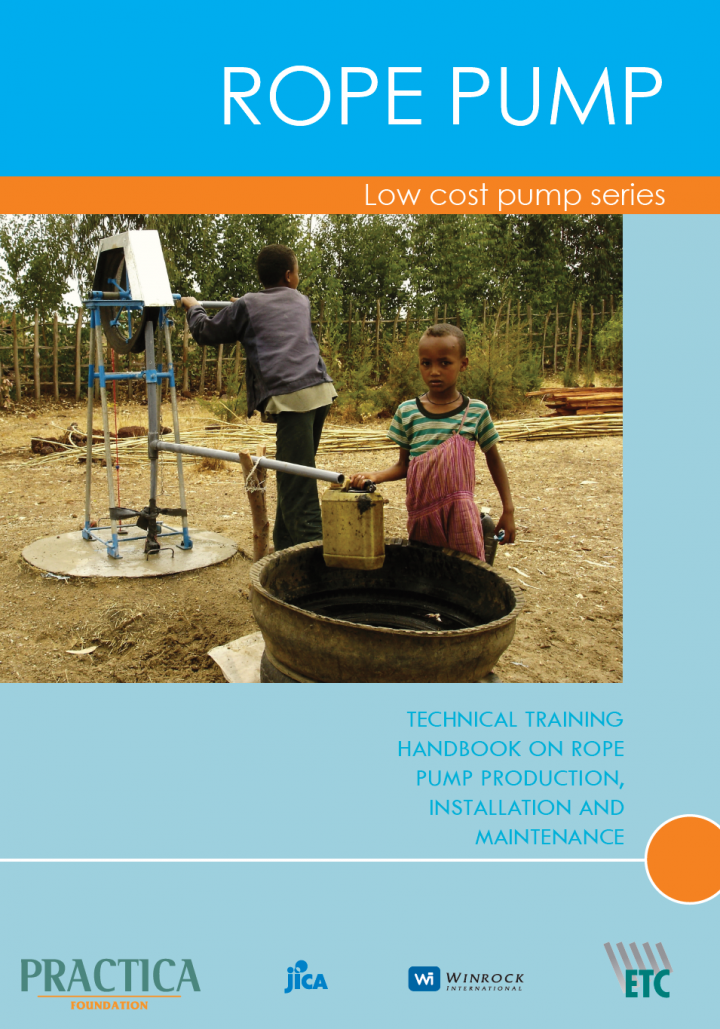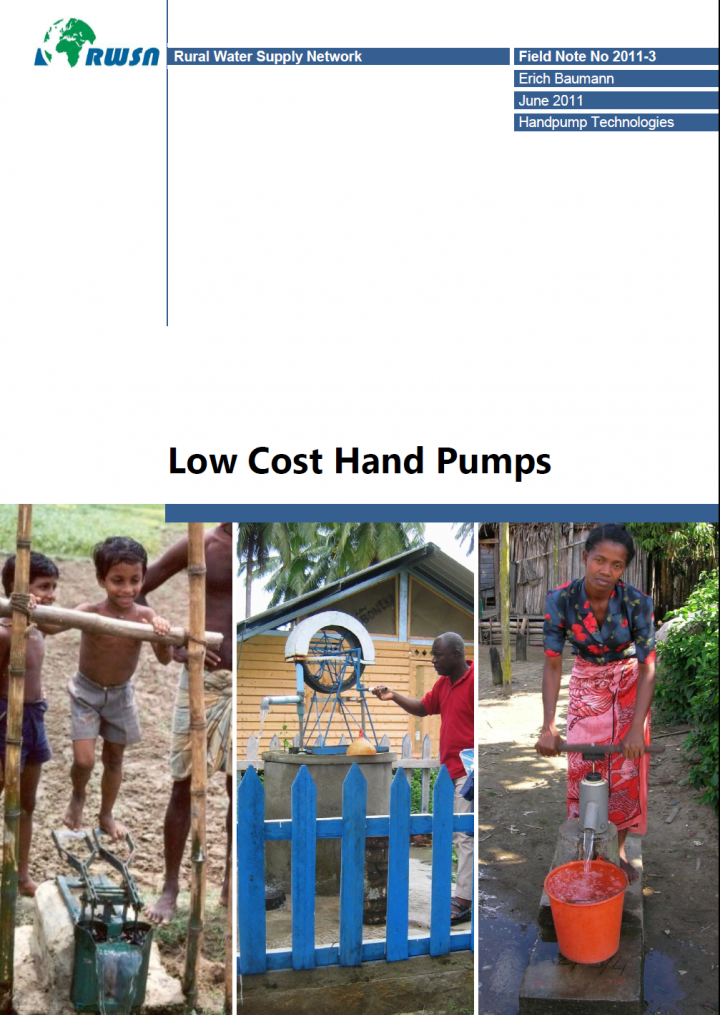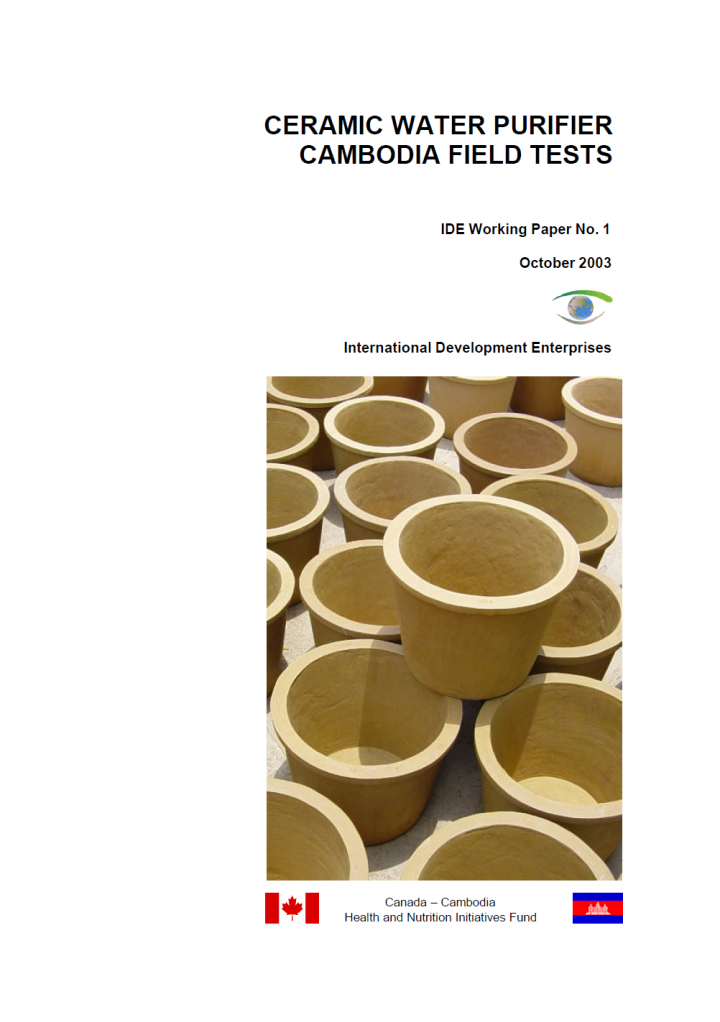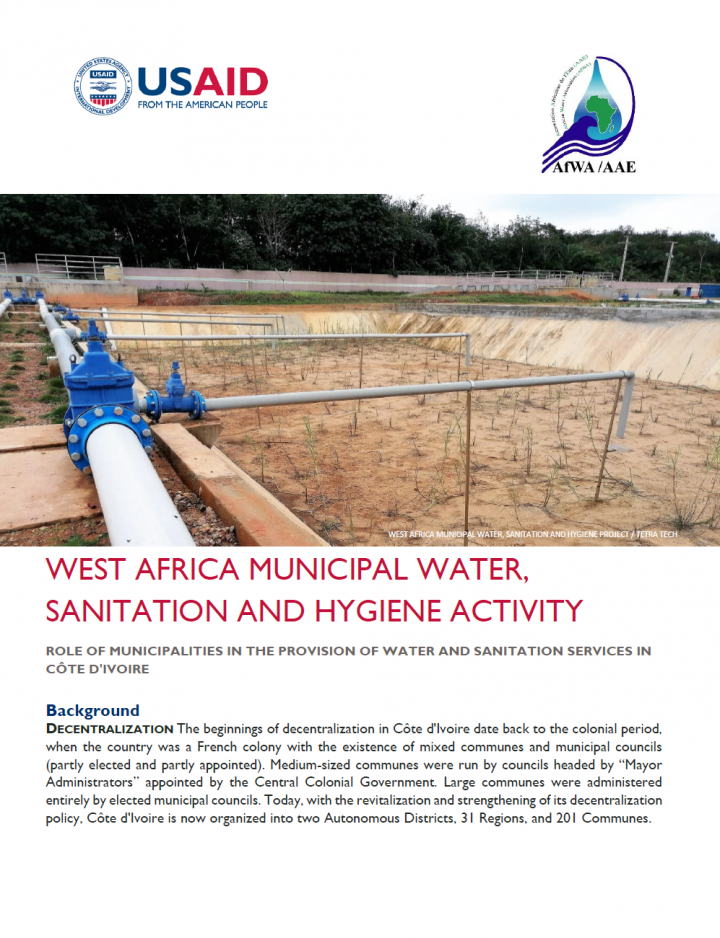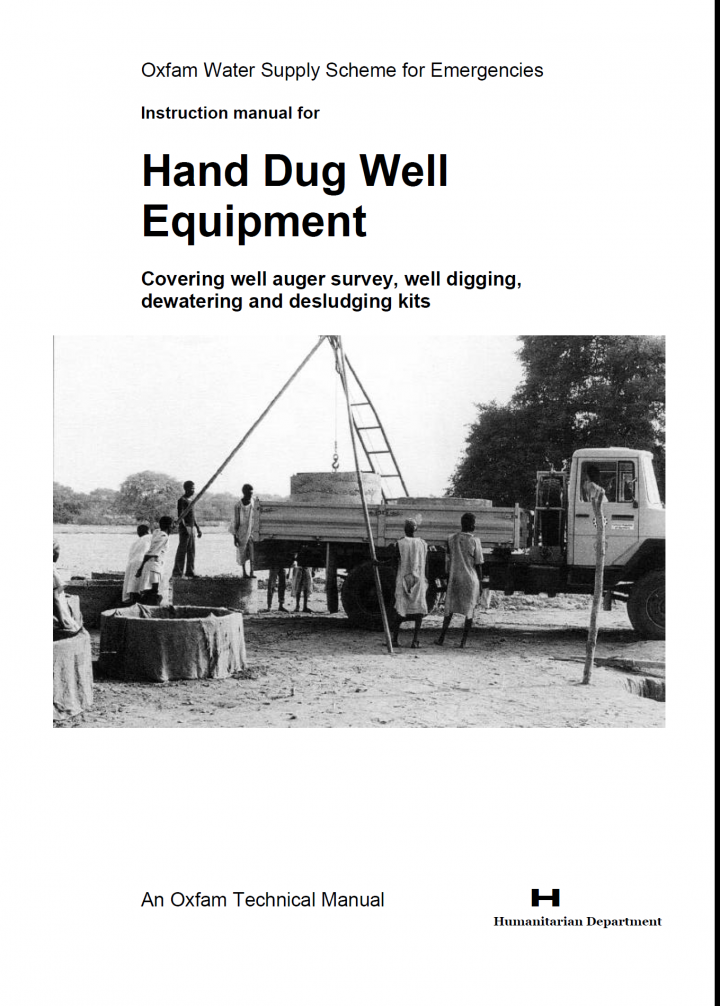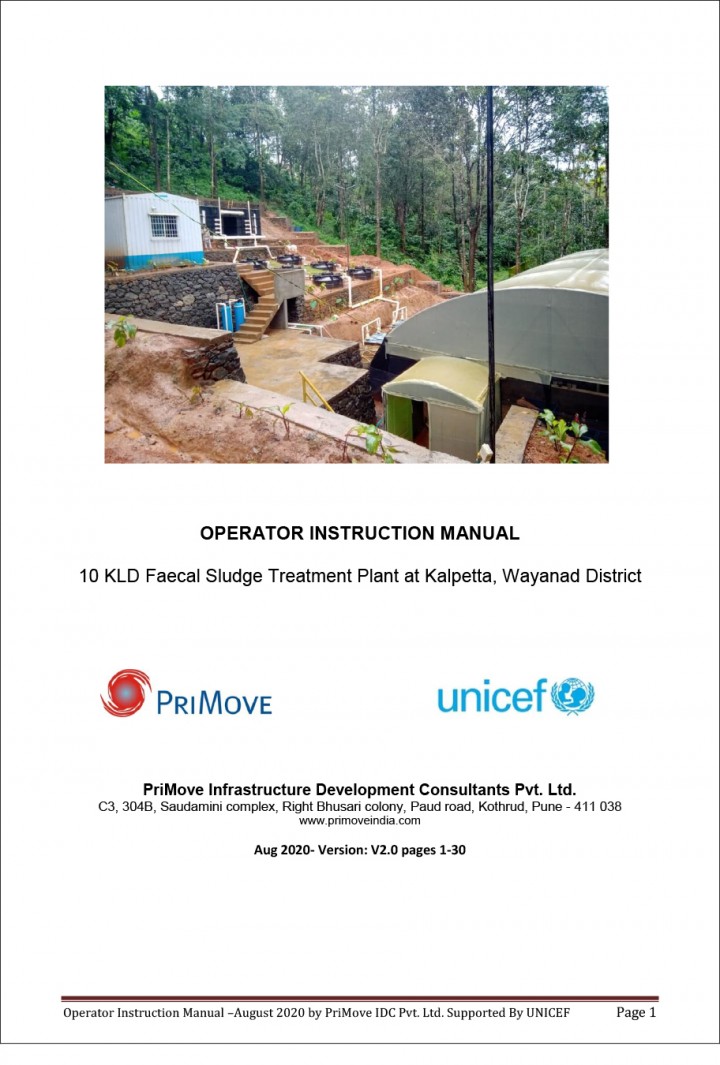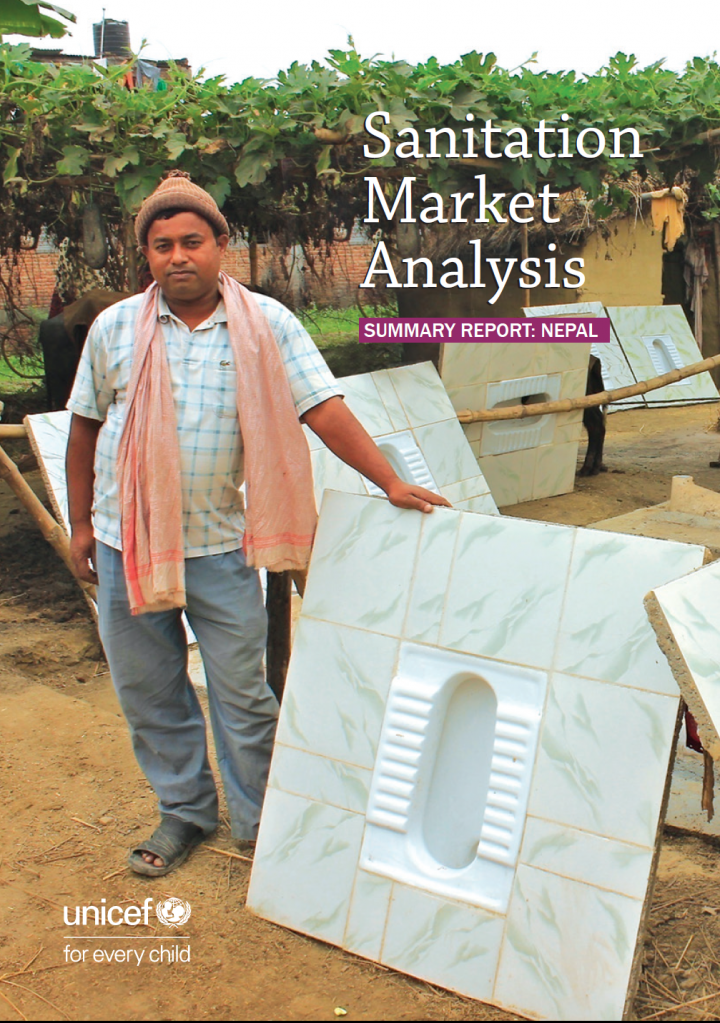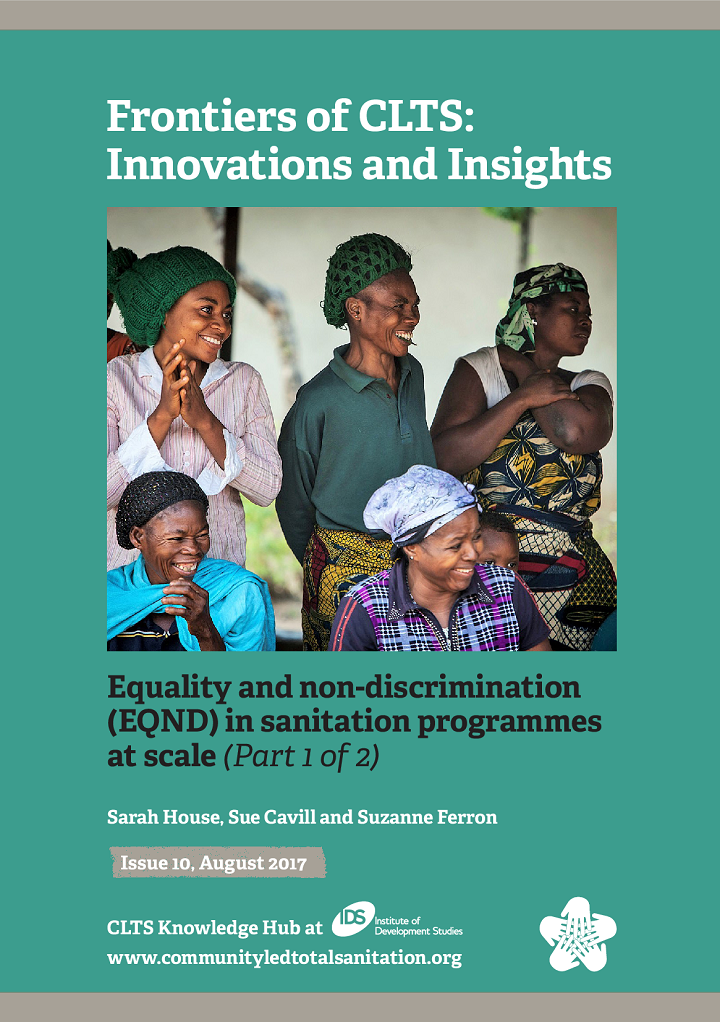Searching for information on Sanitation Workers?
The Sanitation Workers Knowledge + Learning Hub is the best source for all current news, trends, articles and updates on sanitation workers rights around the world.
In 2018, Wai was chosen as one of the eight cities across the globe for the City Wide Inclusive Sanitation Program (CWIS) funded by Bill & Melinda Gates Foundation (BMGF). The municipal council of Wai (WMC) with support from Center of Water and Sanitation (CWAS), CRDF, CEPT University (CEPT) is aiming to implement the CWIS goals
and principles in Wai.
Under the CWIS framework, one of the …
Since 2016, significant progress has been made in ensuring Water Sanitation and Hygiene services (WinS) in Indonesia. The Ministry of Education (MoEC) published a WinS SDG profile and WinS Roadmap in 2017. The WinS SDG profile set the baseline for some of the indicators of SDG target 4.a.1: proportion of school with access to: (e) basic drinking water; (f) single-sex basic sanitation facilities; …
This report presents an overview of practices related to the use of market support and cash and voucher assistance (CVA) modalities for hygiene in humanitarian crises. These market-based approaches can have a number of advantages, such as improving the efficiency and effectiveness of emergency hygiene response while also supporting the existing local market systems that will continue to deliver …
The Community Health Club (CHC) model is a community-based health promotion program that utilizes water, sanitation, and hygiene (WASH) education as the first stage of a longitudinal development process. Although the CHC model has been implemented in fourteen countries over 20 years, this is the first review of the literature describing the model’s outcomes and impact. We conducted a review of …
Studies have shown that agencies are failing to properly consult or collect and act on feedback from the users of the latrines they build, leading many people – especially women and girls – to stop using those latrines as they find them inaccessible, unsuitable and/or unsafe. Consequently, this increases public health risks in emergency situations.
To address this, the Oxfam WASH team has …
The purpose of this risk communication and community engagement guide is to help you run a focus group discussion (FGD) with community volunteers to understand the questions, rumours, suggestions and concerns they are hearing about the new coronavirus from people during their work in communities. Volunteers live and work in communities and so are a valuable source of information on the current …
The WG Short Set of six questions on functioning for use on national censuses and surveys was developed, tested and adopted by the Washington Group on Disability Statistics (WG). The questions reflect advances in the conceptualization of disability and use the World Health Organization’s International Classification of Functioning, Disability, and Health (ICF) as a conceptual framework.
In a …
Purpose: To evaluate the level of accessibility and safety of an existing water and/or sanitation facility and its surrounds, and to identify possible changes or improvements.
Diversity message: Simple changes to facilities and their surrounds can improve their usability for a wide range of users, thus avoiding the need for separate ‘special’ provision.
Safety message: To consider any risks …
In order to address sanitation challenges, accelerate access and sustained use of latrines coupled with good hygiene practices such as hand washing Uganda’s Ministry of Health, together with Plan Uganda, has produced handbooks on sanitation marketing. The aim is to increase awareness and harness momentum for uptake of Sanitation Marketing among stakeholders such as government at policy making …
Plan International Australia (Plan Australia) would like to share the Gender and WASH Monitoring Tool (GWMT). Promoting gender equality demands significant attention in every WASH intervention as gender relations are integral to the effectiveness and sustainability of WASH. The literature suggests that measuring change in the context of gender relations presents ongoing challenges for monitoring …
Current estimates based on a limited number of modelling studies suggest that globally some 9-10 million tonnes of plastics enter the oceans annually to become marine litter. Moreover, it is estimated that 15-20% of all plastics are entering oceans via riverine ecosystems of which 90% are contributed by 10 of the world’s most polluting rivers only. Two of these rivers are located in India, …
In 2020 UNICEF Nepal’s implementing partner COSDER, Gorkha observed that Madarhawa village (480 inhabitants and 1 school), Nepal (located 60km northwest of Lumbini) was without improved WASH infrastructure and that its inhabitants were not observing improved sanitary and hygiene practices. COSDER, Gorkha decided to act and trained the children of Madarhawa on WASH related issues and solutions. …
Safe collection, handling and transport of fecal sludge is an integral part of septage management. Limited attention has been paid to the safe collection, transport, disposal and treatment of human excreta from septic tanks. A study was conducted in two cities in India to understand the current desludging practices, the underlying reasons for current occupational practices and hazards, relevance …
In the treatment of Finnish surface waters, the main objective is to reduce natural organic matter (NOM) before the water is disinfected. In many treatment plants, granular activated carbon (GAC) filtration is applied for the enhanced removal of NOM after conventional treatment. The aim of this study was to assess the performance of two-step GAC filtration in NOM removal from cold humic lake …
Module 1 creates awareness on the technology and applicability of the rope pump as a family water
pump and provides a road-map for implementation. It is meant for NGO’s, governments and implementing organisations considering the implementation of a rope pump production and installation project.
Module 2 describes the installation and maintenance procedures of the rope pump. This module is …
Groundwater supplies provide a significant proportion of rural dwellers in the developing world with access to a safe drinking water supply and will continue to do so in the near future. With the emergence of Self Supply and its increasing acceptance, low-cost handpumps have a role to play. Twenty five years ago the emphasis was on completely enclosed pumps (for drinking water only) to avoid the …
This report summarizes results from a year-long pilot project in Cambodia to test the Ceramic Water Purifier, a low-cost household water treatment technology that removes microbiological contamination at the point of use. The pilot project was conducted by International Development Enterprises (IDE) with financial assistance from the Health and Nutrition Initiatives Fund supported by the Canadian …
DECENTRALIZATION The beginnings of decentralization in Côte d'Ivoire date back to the colonial period, when the country was a French colony with the existence of mixed communes and municipal councils (partly elected and partly appointed). Medium-sized communes were run by councils headed by “Mayor Administrators” appointed by the Central Colonial Government. Large communes were administered …
This equipment is part of several packages devised by the Oxfam Public Health Engineering Team to help provide a reliable water supply for populations affected by conflict or natural disaster. The equipment is designed to be used with any or all of the following Oxfam water equipment: Water Storage equipment, Water Coagulation and Disinfection equipment, Water Filtration equipment, Water …
"This operator instruction manual is the reference document for the operation and maintenance of the equipment and processes that comprise the tiger bio filter (TBF) based
faecal sludge treatment plant (FSTP) at Wayanad, Kerala. This manual will enable the plant operator and helper to run the plant smoothly and assist during site operations and maintenance work."
Nepal has made an impressive progress in eliminating open defecation across the country in the last two decades. As a result, the percentage of households using improved (not shared) sanitation facilities in Nepal increased from 15% in 2000 to 62% in 2017, and open defecation rates fell from 67% to 21% over the same period (WHO & UNICEF, 2019). Nepal celebrated gains made towards ending open …
A well-facilitated Community-Led Total Sanitation (CLTS) programme that pro-actively considers and involves people who might be disadvantaged has been shown to have many benefits. A lack of this can and will often have negative impacts and make programmes and ODF unsustainable. This issue of Frontiers of CLTS looks at who should be considered potentially disadvantaged, how they can effectively …

